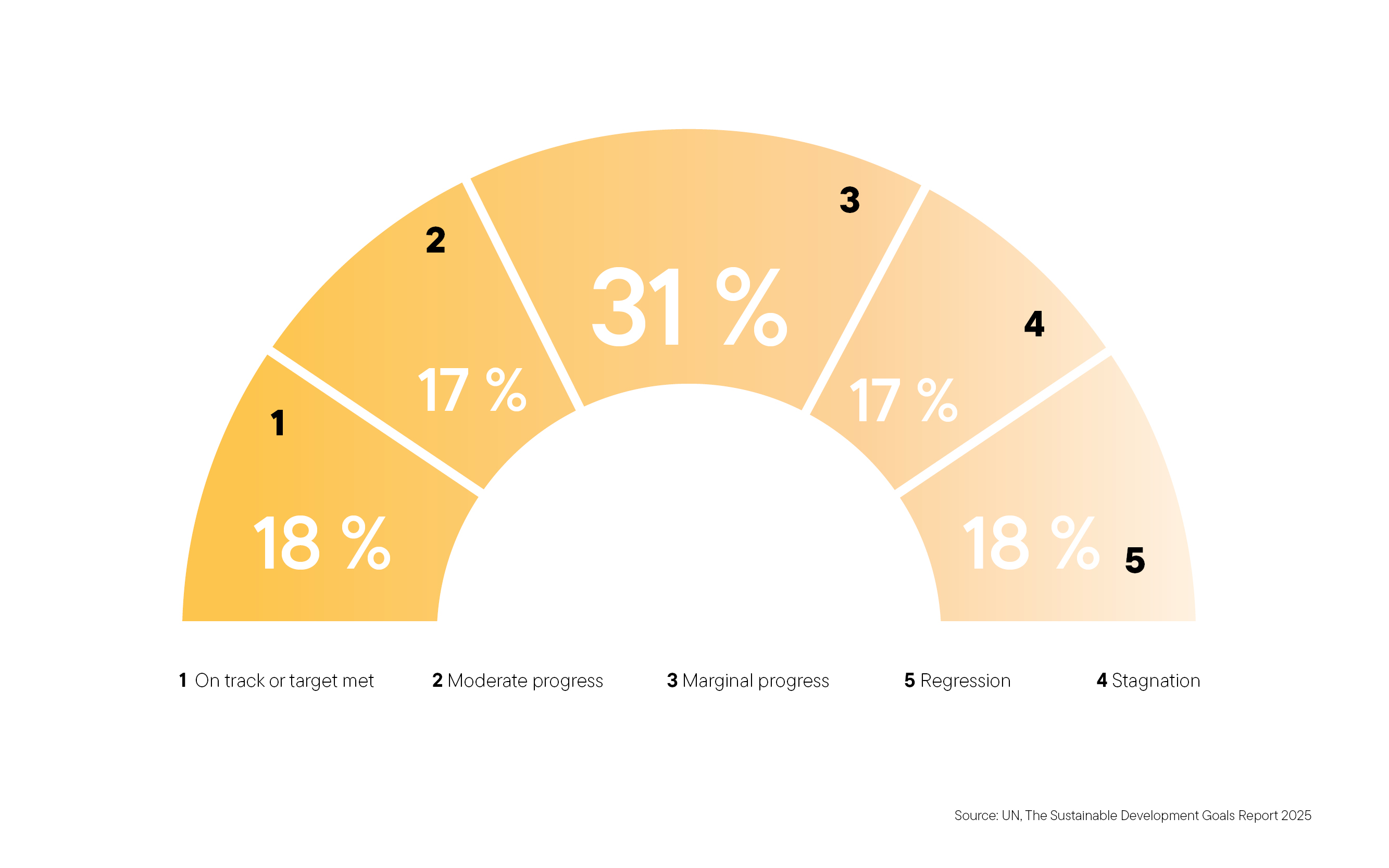Readers' opinion
Letters to the editor
Opportunities for women; D+C/E+Z 5/2007
When I read your Focus articles about women, I found it hard to believe and, indeed, unacceptable that your authors managed to not include a single word on the issue of female genital mutilation (FMG). Was this so because women manage to go on with their lives anyway, and people in Africa continue to exist? Or is the subject so embarrassing that it feels better not to mention it? Or is the sense of helplessness in the face of such misery too great? In any case, one must not hush up the sheer scale of young girls’ unimaginable mutilation, and the subsequent life-long torture of women, only to move on to self-congratulation for other successful projects.
I know, of course, that it takes a lot of effort to convince local people of stopping a dreadful practice. But isn’t that what development-cooperation is all about? What’s more, convincing people is considerably easier than one might expect. We should be able to expect that policy-makers push for laws banning FGM. After all, it is still permitted in 14 African countries. The issue must be made part of the good governance called for.
Gerli Lantzberg,Burggen, Germany
Opportunities for women; D+C/E+Z 5/2007
Women are the key to development. Not only Germany’s development policymakers have adopted this motto. There is now a general consensus that the advancement of women should be promoted by putting them in charge of development projects. However, development experts, particularly those from poor countries, draw attention to the fact that women definitely do not form a homogeneous group.
Numerous studies have shown that isolated projects, which aim to promote women in general, often only benefit small elite groups. It is not uncommon, as a result of specific projects, for the gaps to widen between a handful of successful women – micro-credit borrowers, for instance – and a growing number of desperate widows and teenage mothers. The latter urgently need economic support, and that is not only so in post-war societies.
Women’s coalitions can bridge the divide, but only to a limited extent. One of the main snags is that many organisations and savings groups demand membership fees, which the most marginalised women and girls cannot afford. However, they are essentially the ones who manage entire households as well as take care of children, sick people (including AIDS sufferers) and the elderly.
Therefore, credit programmes for women and related support for women do not guarantee that the people most in need will be those to actually benefit. This is so in of all societies with fragile safety nets. Even a large number of borrowers does not set off the desired trickle-down effects.
Furthermore, women do not automatically figure among those who benefit from aid programmes which predominantly bank on business logic. Whoever fails to consider power relations in marriages and partnerships as well as the specific ideas about what constitutes masculinity in any given culture, automatically fails to reckon with the men.
Men in many places feel threatened by one-sided promotion of women, feeling their self-image is under attack. Women who have successfully borrowed are often at risk of increased domestic violence, if projects do not include measures to change male attitudes.
By no means, is that only true of very conservative societies, it is also the case in countries which have embarked on extensive programmes for the advancement of women and reforming the law with the goal of equal rights for men and women.
South Africa is an example: it is a trailblazer in terms of gender mainstreaming and gender budgeting and, nonetheless, remains a country with endemic – and even rising – levels of domestic and sexual violence. The rampant HIV/AIDS epidemic, sexist myths surrounding AIDS and inadequate access to drugs have lead to countless men and women losing their lives from disease and violence.
In short: I support the advancement of women, but only if other gender aspects are considered, and men become systematically involved in transformation – and particularly so in matters that in many places shape masculinity: sexuality, decision-making in reproductive issues, economic control and violence. There are some promising approaches, and they should become prevalent. Not only are the local target groups, agencies and institutions of concern, local donors and planners matter as well. Gender equality and partnership cannot be achieved by development agencies treating women favourably, using merely financial credit.
Rita Schäfer, Essen, Germany






